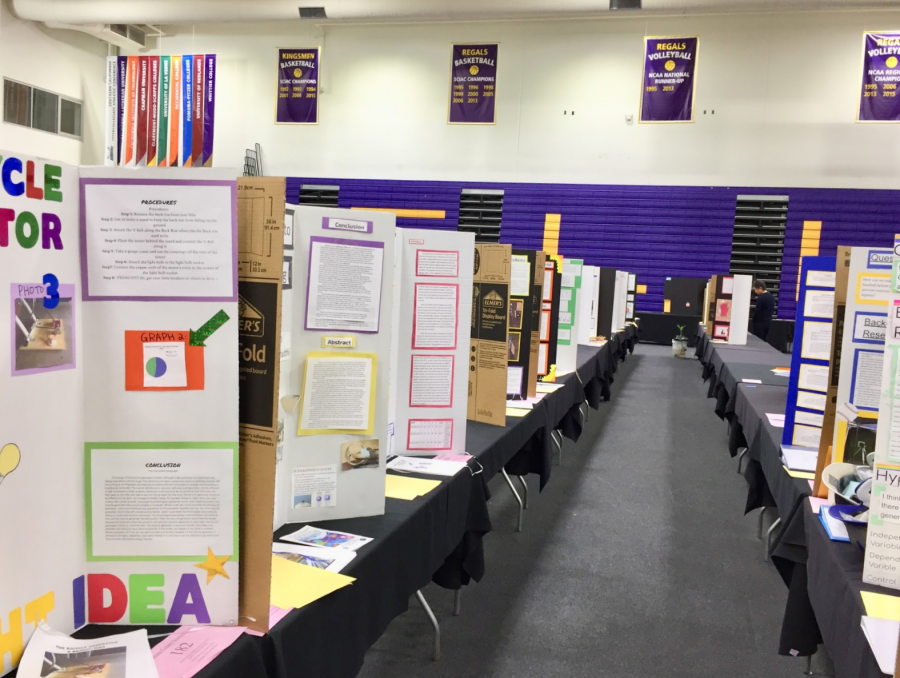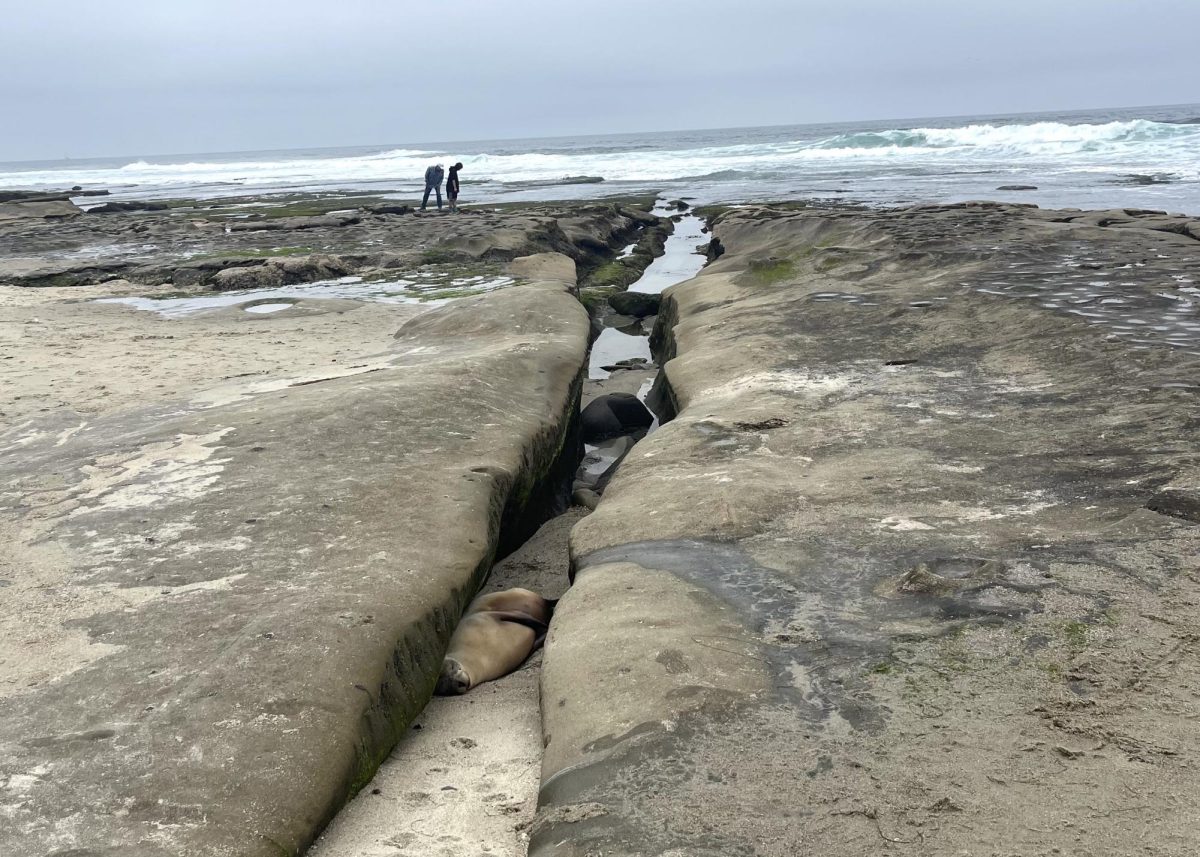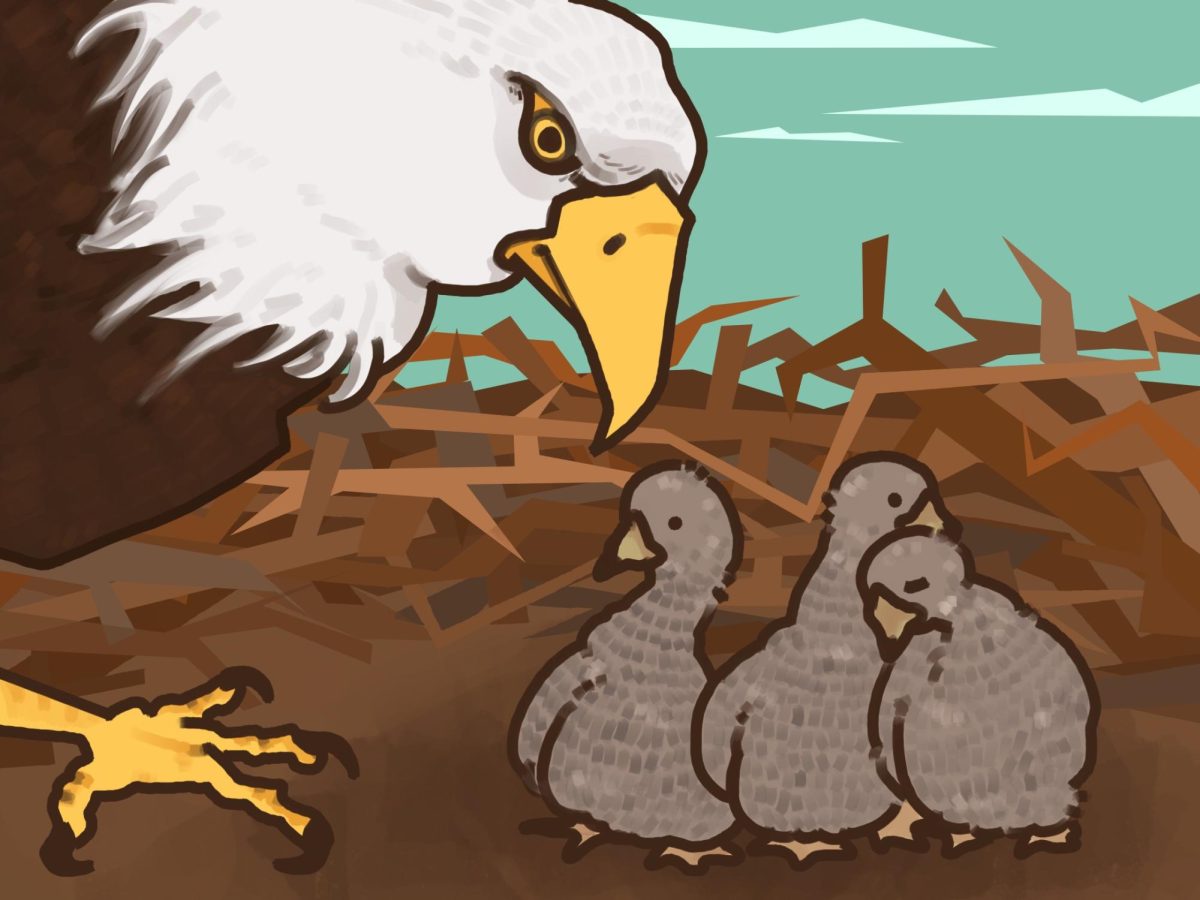Ever wondered if aspirin helps plants grow or if larger schools of fish cause more fractal movements? With both wit and creativity, nearly 500 students from 50 schools shared their own scientific discoveries at the 64th Annual Ventura County Science Fair, presented by the Ventura County Office of Education. Student findings were displayed on hundreds of tri-fold poster boards at Cal Lutheran University on Friday.
“The goal for holding this event is for kids to find out whether they do or do not have an interest in science and engineering, and if they do have an interest in it, how to pursue it,” says John Tarkany, the Coordinator of Student Competitions.
Earlier this school year, students in sixth to twelfth grade were given broad categories including biochemistry, engineering and human social behavior in which to base their projects. The lack of strict guidelines allowed them to decide among themselves what specific problem they wanted to research. Moreover, this allowed for a variety of projects.
While several projects explored and solved quirky and fun questions such as “Do video games affect pH levels?” and “What are natural ways to dye a Tagua nut?” many others used science to effect change.
In response to the death of a fellow student killed by a drunk driver, a team of students from Rio Mesa High School focused their research on preventing such accidents from happening again. From learning about the process of esterification in chemistry class, they hypothesized that acetic and citric acid could decrease the concentration of ethanol in the blood. They conducted their research by reacting various concentrations of either acetic acid or citric acid to ethanol (to simulate alcoholic beverages) and sulfuric acid (to simulate stomach conditions). Their findings suggested that pills containing such acids indeed could help the breakdown of alcohol.
Benjamin Simpson ‘19 from Santa Susana High School searched and tested effective methods of reducing the power draw from computers. As both an ardent environmentalist and computer scientist, Simpson discovered that reducing the maximum speed of the processor, lowering the screen brightness by 25 percent, switching to more efficient downloadable softwares and using hibernate instead of sleep mode could drastically reduce the power draw. Using data from both his own study and statistics online, Simpson calculated that if all computers in the world took these steps, over 750,000 tons of carbon dioxide would be kept out of the atmosphere every month.
“I’m really passionate about what I studied, and the science fair gave me encouragement to find larger results and express myself as a person,” Simpson remarked.
From this event, 150 students will be receiving an award, either a first, second, third, fourth or special award. These special awards include gift cards that are given and judged by supporting businesses such as Amgen and AERA. Around 40 of participants will excel to the State Science Fair in April.










